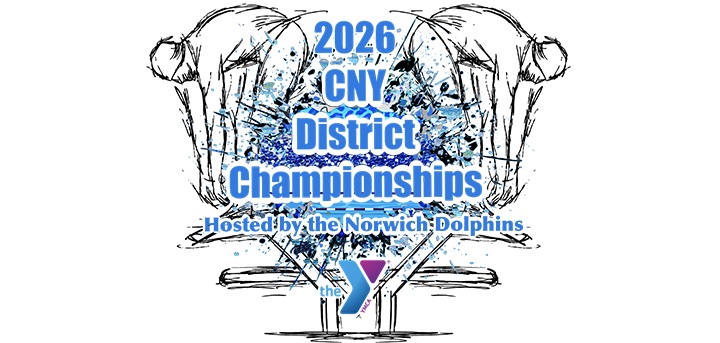It’s OK for Superman to cry
We met Joe Gonzalez at a golf outing for wounded veterans last summer. Outside, he seemed in good shape, trim and tanned as he swatted balls off a practice tee. His calf muscle rippled under a large tattoo of a red Superman symbol.
But inside, Gonzalez is deeply damaged. The Marine from San Antonio, Texas, was on patrol in Iraq, guarding a supply route, when a roadside bomb blew up his armored vehicle. Four years later, he still suffers from TBI (traumatic brain injury) and PTSD (post-traumatic stress disorder).
In some ways, life would be easier for Gonzalez if he were missing an arm or using a wheelchair. For Superman, a physical wound is a badge of honor; a psychological wound is a sign of weakness. “The majority of the population doesn’t know the afterlife of all these injuries, like TBI,” Gonzalez told us. “It’s a day-to-day battle; it’s tricky to deal with.” Some days, he feels so tired he “won’t be able to do much.”
We thought of Joe when President Obama announced he would be sending 30,000 more troops to Afghanistan. That means more deployments, more deaths and more soldiers coming home with hidden wounds even their commanders don’t understand very well. TBI and PTSD at least have clinical names. The “afterlife” of combat includes divorce and despair, substance abuse and spousal abuse, joblessness and homelessness – and, in extreme cases, suicide.










Comments